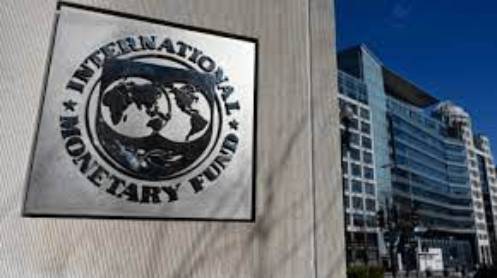KARACHI: Pakistan has secured a three-year, $7 billion aid package from the International Monetary Fund (IMF), offering much-needed relief to the struggling economy. The Washington-based institution announced the agreement on Saturday morning, stating that the deal, pending approval by the IMF’s Executive Board, aims to enhance macroeconomic stability and foster stronger, more inclusive, and resilient growth.
Pakistan’s economy has been severely impacted by chronic mismanagement, the Covid-19 pandemic, the war in Ukraine, and record flooding that affected a third of the country in 2022. Facing dwindling foreign currency reserves, Pakistan was in a debt crisis and turned to the IMF for an emergency loan in 2023.
The new bailout, consisting of loans, follows the government’s commitment to implement significant reforms, including broadening the tax base. In a country of over 240 million people, only 5.2 million filed income tax returns in 2022. The government aims to raise nearly $46 billion in taxes in the 2024-25 fiscal year, a 40% increase from the previous year.
The IMF statement, quoting Nathan Porter, the Fund’s mission chief to Pakistan, highlighted plans to increase tax revenues by 1.5% of GDP in FY25 and 3% over the programme duration. This will be achieved through simpler and fairer direct and indirect taxation, targeting retail, export, and agriculture sectors.
The federal and provincial governments have signed a ‘National Fiscal Pact’ to rebalance spending in line with the 18th Constitutional Amendment, devolving education, health, social protection, and regional infrastructure investment to provinces. Provincial governments have committed to harmonizing their Agriculture Income Tax regimes with federal and corporate tax systems by January 1, 2025.
Efforts to improve the power sector’s viability include timely tariff adjustments and reforms. The government will replace cross-subsidies with targeted support through the Benazir Income Support Programme (BISP), improve state-owned enterprise operations, and prioritize profitable entities for privatization.
The government also plans to phase out incentives to Special Economic Zones and agricultural subsidies, while refraining from new regulatory or tax-based incentives that could distort investments. Additionally, commitments to anti-corruption, governance, transparency reforms, and gradual trade liberalization were emphasized.
With input from AFP





